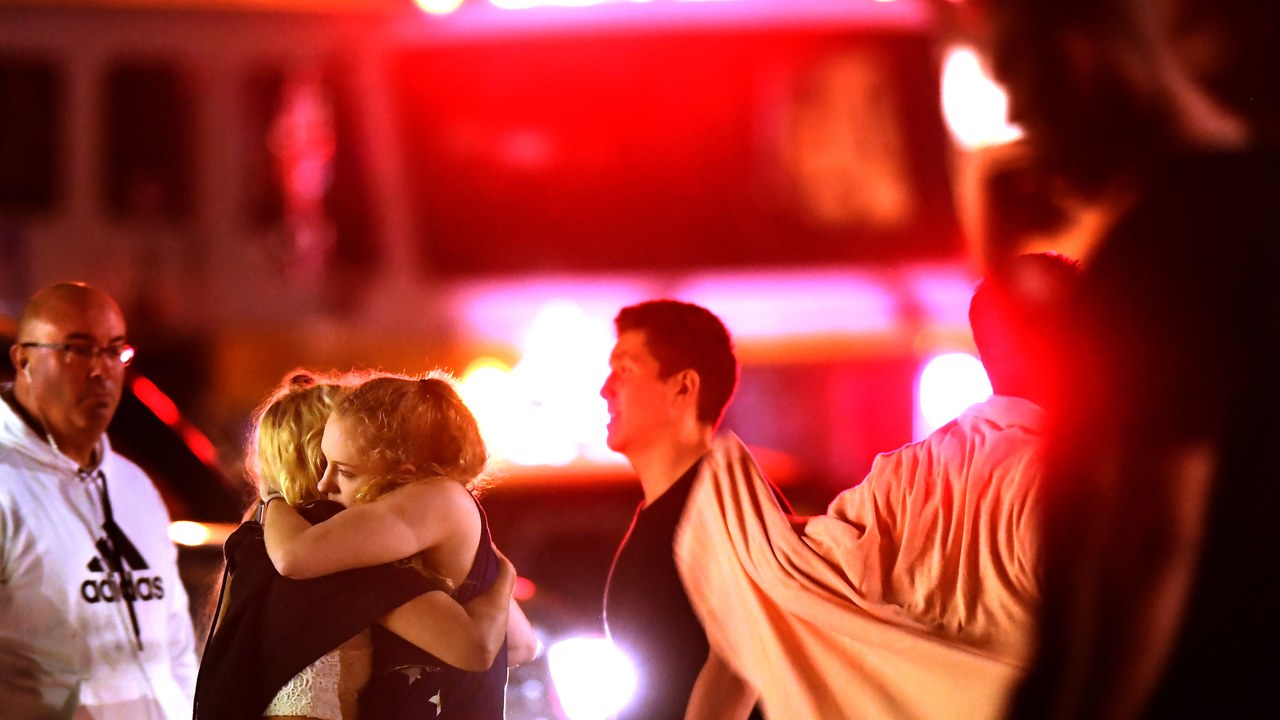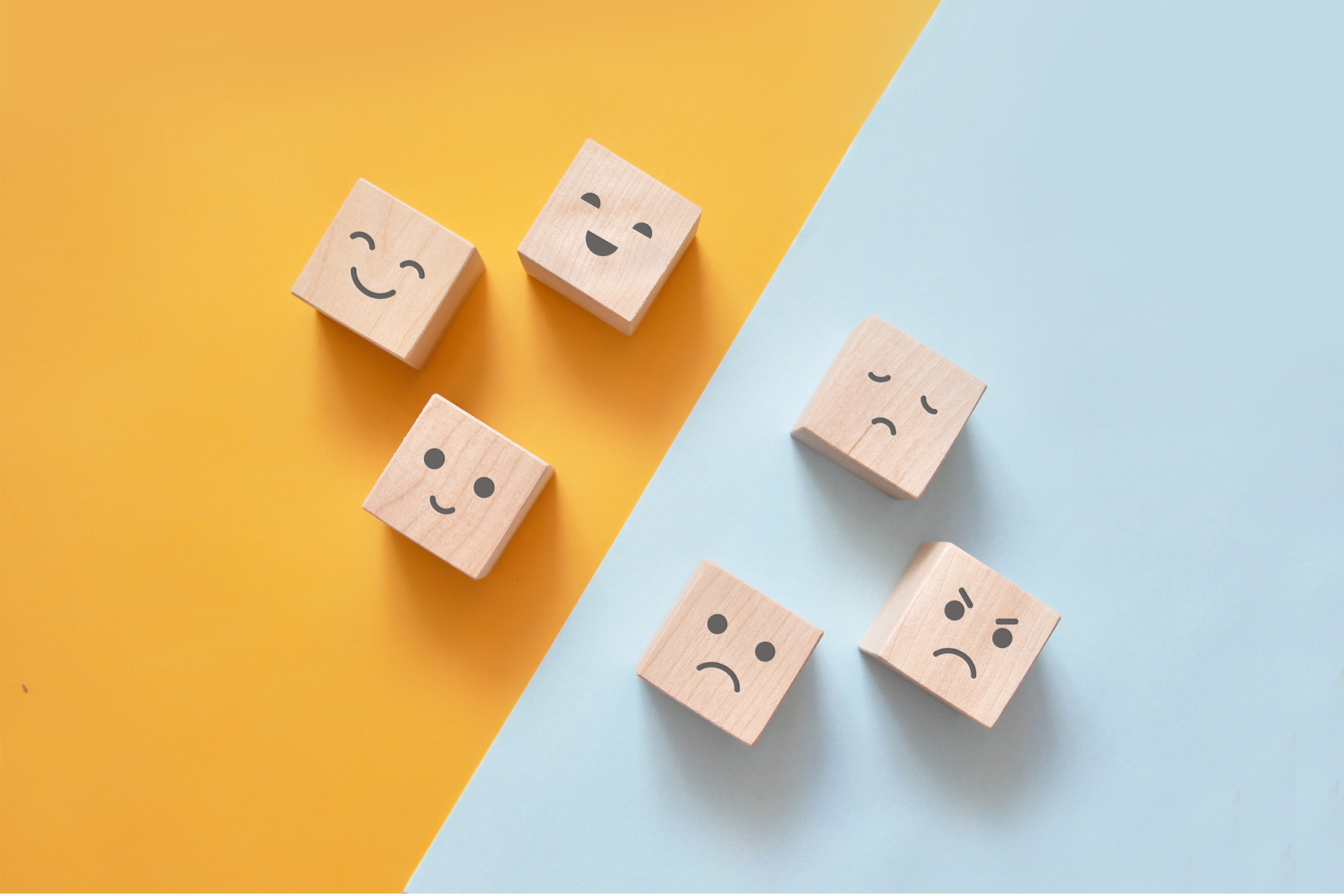In the wake of deadly mass shootings, it is natural to experience a range of emotions after witnessing traumatic events. Whether you are struggling with emotions related to world events or within your personal life, it is important to find ways of coping in order to alleviate instead of exacerbate painful emotions.
The American Psychological Association (APA) suggests the following tips:
- Talk about it. Talking with someone supportive can allow you space and the ability to process thoughts and feelings. Talking is also helpful in joining with others so you do not feel alone or overwhelmed.
- Strive for balance. Remind yourself of the things in your life that are enjoyable and comforting. Engaging in these activities helps to balance a negative or pessimistic outlook.
- Turn it off and take a break. Limit the amount of media you view, as continued exposure can increase stress. Schedule in time each day for something you enjoy and stick to it. Engage with a friend in order to increase accountability and the likelihood that you will stick to your activity.
- Honor your feelings. Emotions and stress following a traumatic incident are varied. It may feel similar to physical sickness or pain; for example, you may feel exhausted, sore or off balance.
- Take care of yourself. Remember your physical needs at this time and try to stick to a routine. Eat well-balanced meals, engage in exercise, and try to get the amount of sleep you need in order to feel rested. Fatigue and unhealthy eating habits can negatively affect mood.
- Help others or do something productive. Find or organize ways in your community to support those who have been impacted by a negative event. Often times non-profits, schools, and churches/religious institutions have volunteering opportunities.
- If you have recently lost friends or family in this or other tragedies. Grieving is a process that takes time. It will be filled with mixed emotions and inconsistencies in mood and activity level. Grief looks differently for everyone, as some may benefit from staying home and others from returning to their daily routine. Experiencing “survivor guilt” is typical, as one feels bad they escaped tragedy while others did not. Give yourself the time and outlets you need to process your feelings and reactions.
According to the APA, “For many people, using the tips and strategies mentioned above may be sufficient to get through the current crisis. At times, however an individual can get stuck or have difficulty managing intense reactions. A licensed mental health professional such as a psychologist can assist you in developing an appropriate strategy for moving forward. It is important to get professional help if you feel like you are unable to function or perform basic activities of daily living.”







